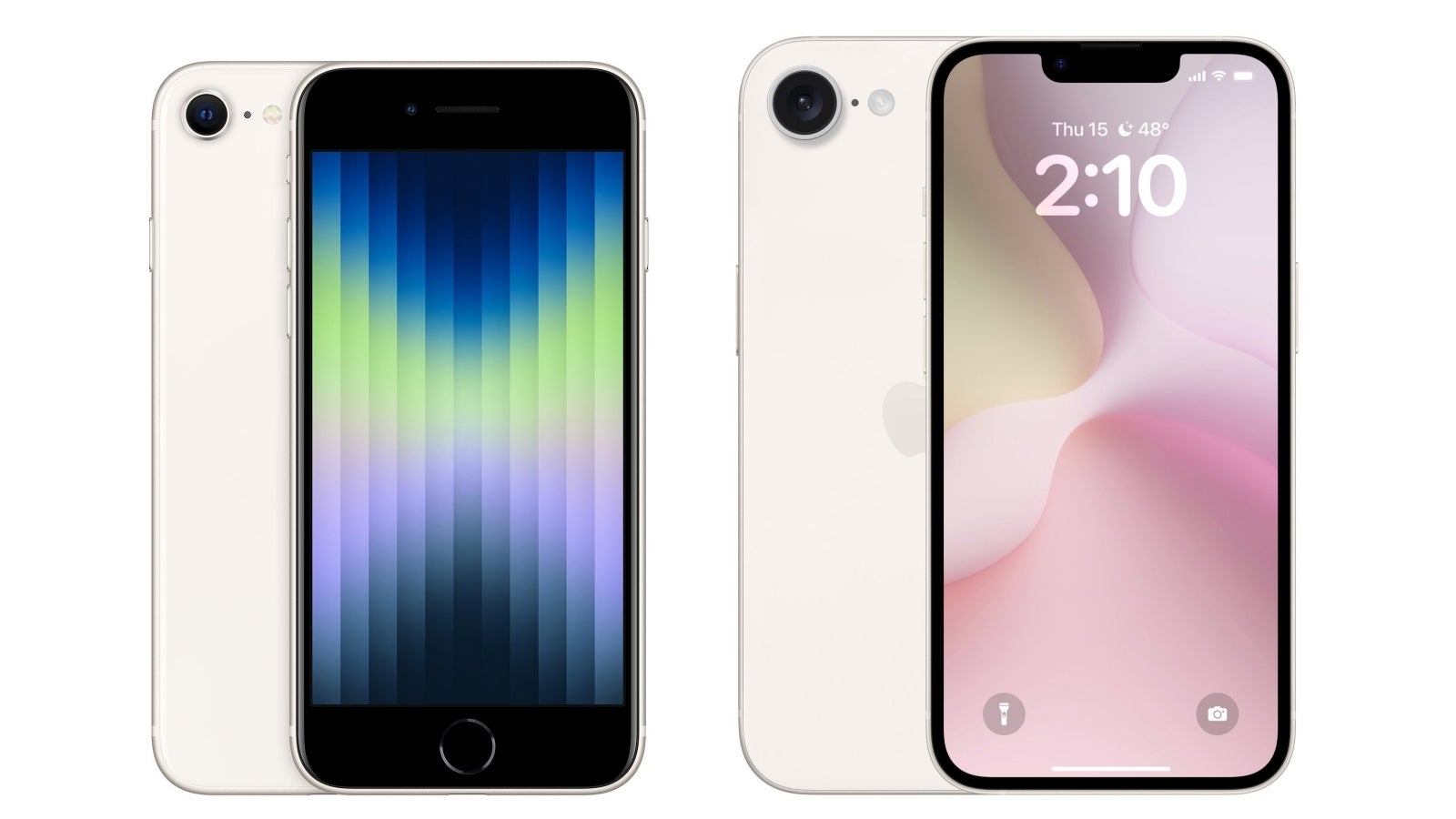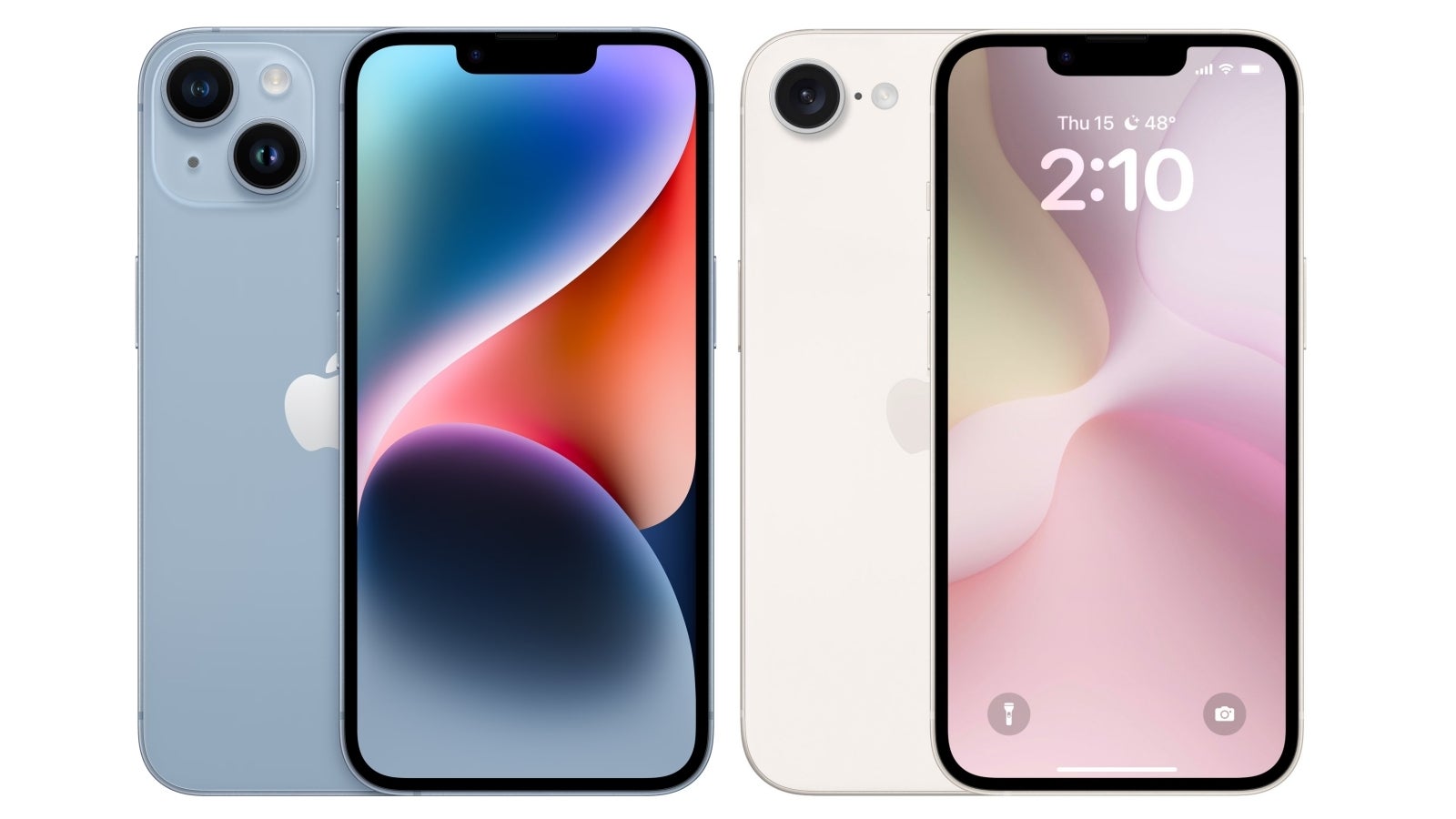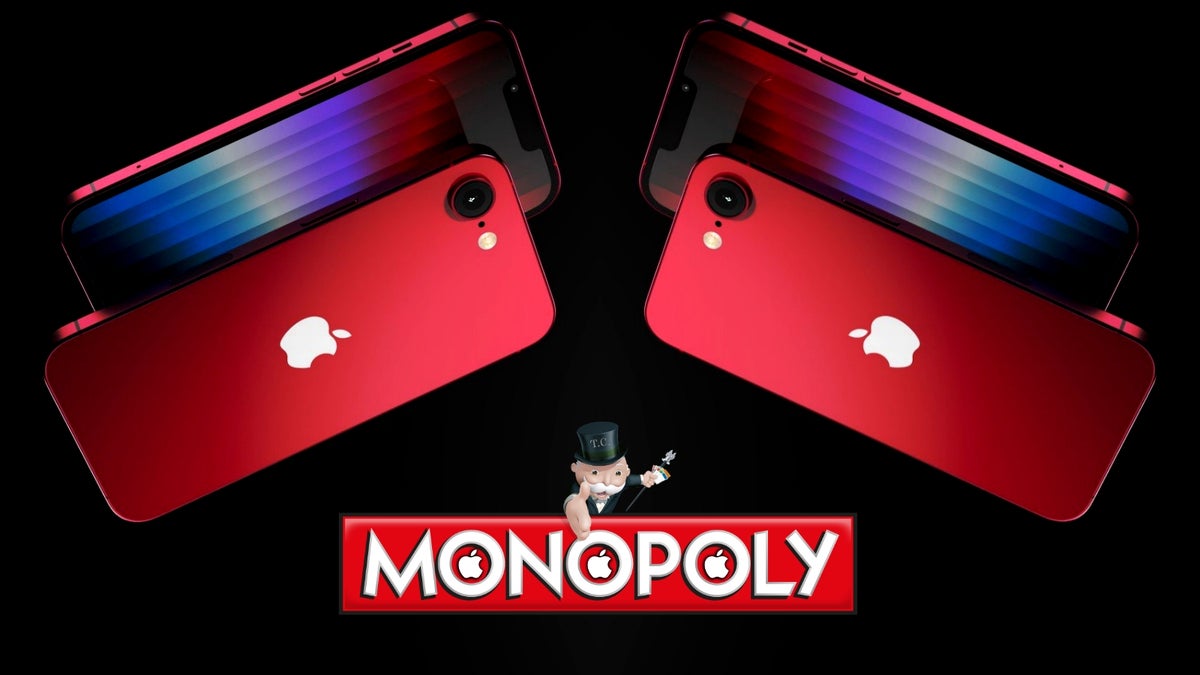The US Department of Justice says the ongoing lawsuit against Apple is “about freeing the smartphone market from Apple’s anticompetitive and exclusionary conduct and restoring competition to lower smartphone prices for consumers…”.
The irony? The affordable (finally, premium) iPhone SE upgrade would only make it more difficult for Android to compete with Apple’s increasingly dominating role in the premium smartphone market.
But aren’t “premium phones at lower prices” something everybody wants? I think we can all get behind this… However, Apple already dominates the US smartphone market, and that’s in the absence of a solid mid-range phone, which the ancient-looking iPhone SE 3 most certainly isn’t.
So, is the iPhone SE 4 going to be the cure or the cause of Apple’s “monopolistic behavior”? I guess we’ll find out soon… or in June… or in September… or next spring… or whenever the iPhone SE 4 drops.
Meanwhile, we can dive a little deeper right now…
iPhone SE 4: The most affordable premium iPhone ever will only make it more difficult for Android phones (from all price segments) to compete with Apple
Looking at the mid-range Android segment (as far as the US, EU, and UK markets are concerned), the iPhone SE 4 might easily deliver the most balanced package at the rumored $500 starting price, which would make it a problem for Android phone-makers already struggling to compete with Apple.
To give you some practical examples, there are some pretty good mid-range Android offerings on the market right now, but all of them seem to lack behind in certain key areas, which keeps me from recommending them over an old flagship phone.
Even if the Nothing Phone 2a has iPhone-level attention to detail, it won’t compete with the iPhone SE 4
Take the $350 Nothing Phone 2a, which can easily be mistaken for a flagship. It has a unique design, an excellent display, and Nothing’s even paid incredible attention to detail when making the hardware and software of the Phone 2a, which is usually something we see only with far more expensive phones.
With that in mind, the Phone 2a has a mediocre camera, which at times reminds you exactly why the Phone 2a costs $350 and not $800. The affordable for Nothing MediaTek SoC also holds the Phone 2a back in several ways.
Apps take longer to open, and more importantly, snapping a photo and processing it can take the Phone 2a a good 3-5 seconds, which (in my book) makes it a no-go for anyone who’s serious about taking pictures/videos.
Samsung’s Galaxy A35 / A55 won’t measure up to the iPhone SE 4’s performance
On the other hand, Samsung’s Galaxy A35/A55 ($400-500) seem to give you a better balance of features compared to the Nothing Phone 2a, but would still struggle to compete with the alleged iPhone SE 4.
Performance is still the biggest drawback of Samsung’s mid-rangers, and the Exynos chips powering them. For example, opening apps, multitasking, and RAM management are still far from flagship-grade with these phones. Hence, the iPhone SE 4’s flagship Apple chip will help it take the lead over the A35 and A55.
Meanwhile, photo and video quality in difficult conditions like HDR and low-light is the other area where Samsung’s mid-range phones tend to show their “true colors”.
Google Pixel 8a will be Android’s best chance at challenging the iPhone SE 4 (but Google is… Google)
Without a doubt, the biggest competitor to the iPhone SE 4 would be the Pixel 8a (expected to debut as soon as May and cost $550). Google’s new A-series phone will be the only mid-ranger able to match the iPhone for premium features like wireless charging and a flagship SoC.
That being said, the Tensor G3 expected to power the Pixel 8a won’t look very “flagship” next to the A17 chip expected to power the iPhone SE 4. It also just so happens that Google doesn’t enjoy the same level of fan base/user trust (or whatever you want to call it) as Samsung.
In other words, it’s never easy to convince someone to buy a Pixel phone, even if it’s a very good one. Trust me – I’ve tried.
Can the premium iPhone SE 4 solidify Apple’s “monopolistic” image in the US market (and abroad) simply by being an amazing deal?

iPhone SE 3 (left) next to a render of the alleged iPhone SE 4. The new model is expected to have a larger 6.1-inch display compared to the 4.7-inches of the old SE.
But you know what? Exactly how good or how much better than the competition the iPhone SE 4 is might not be all that relevant… It’s an iPhone, and on top of that it’s expected to be the first premium-looking iPhone that many people would be able to afford.
So, going back to my original point… Yes, I think the iPhone SE 4 would only make it more difficult for Android to compete, thus only solidifying the idea that “Apple is a monopoly”. Especially in the US, where (as it turns out) young people would jump on the opportunity to grab a $500 premium iPhone (with iMessage!) over any other Android phone.
I also believe the iPhone SE 4 (as leaks and renders paint it out), would manage to pull users from Apple’s own flagships, but more importantly, from Android flagships phones that cost more, and don’t have iMessage, AirDrop, and an Apple logo. Again – especially in the US.
To top it off, apparently Apple has a proper “budget” set of AirPods in the pipeline, expected to drop together with the iPhone 16 series. These have been rumored for ages, and they could start at as low as $99, making it possible to attract users to Apple’s “walled garden” with a $500 iPhone and $100 AirPods, which sounds incredibly tempting.


iPhone 14 (left) next to a render of the alleged iPhone SE 4. The only difference is in the rear camera count.
Of course, in other markets like Europe, the iPhone SE 4 and Apple’s “budget” AirPods will most likely arrive at a perfectly different price point – a higher one.
That being said, even if the iPhone SE 4 starts at €700 in Europe ( I see many users picking it over a similarly priced Android – just because it looks modern, and “affordable” – given that the iPhone 15 starts at a whopping $950.
Anyway, whether you choose to look at the iPhone SE 4 as an attempt at solidifying Apple’s “monopoly on the US smartphone market”, or simply as a great-value phone… it’s up to you.
Two things can be true at the same time, and the truth is that Apple’s already built the “walled garden”, which has been up and running for a long time. The iPhone SE 4 would be a really big door to that garden, and many people are going to walk through it.
It might be more interesting to see how US legislators are planning to remodel Apple’s garden though…
